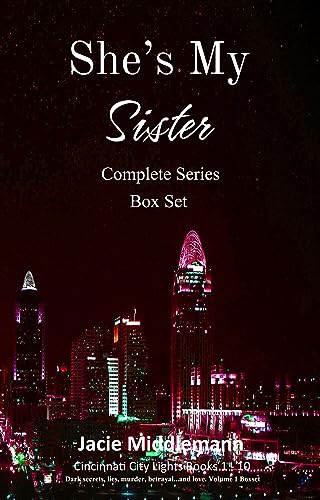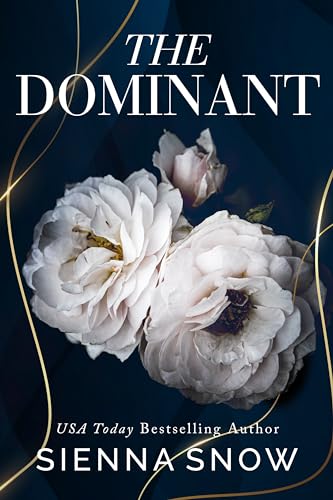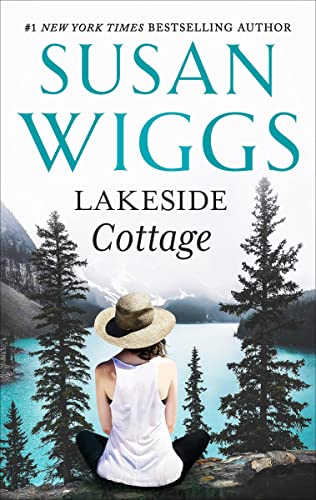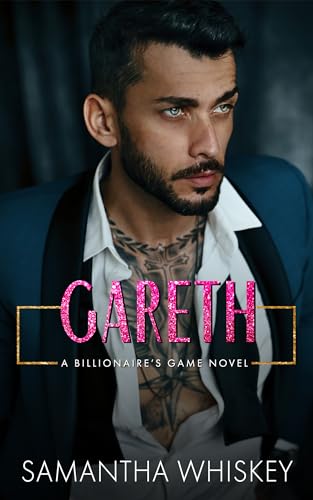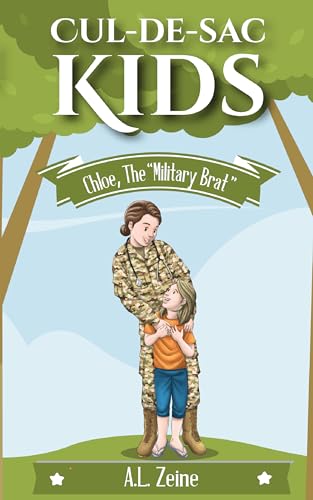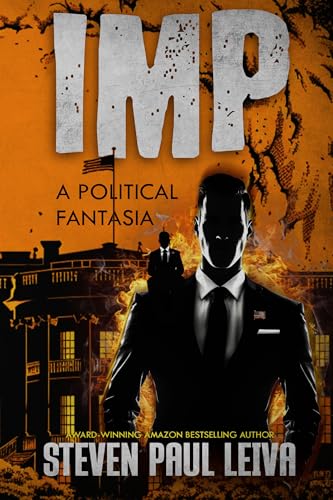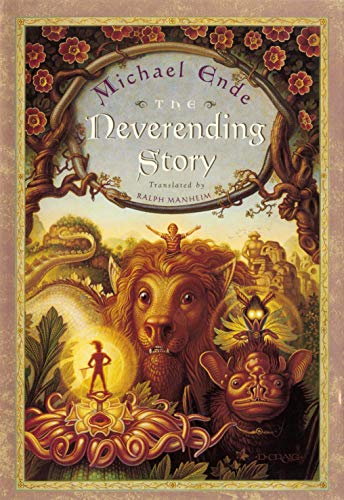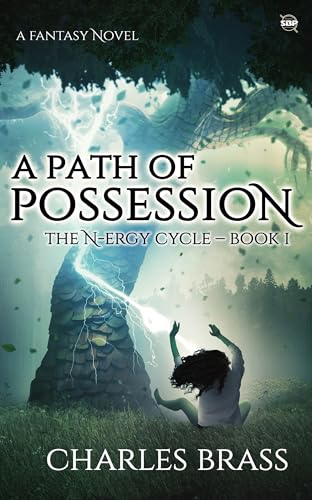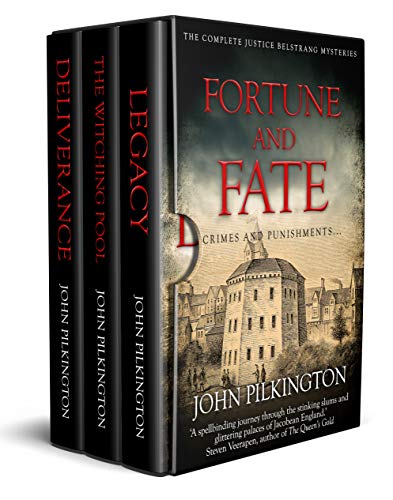By Stephen Windwalker
Motoko Rich, in a piece for the New York Times today, has done a well-researched and elegantly tidy job of illuminating and calculating the costs involved for publishers in publishing books in traditional hardcover as well as ebook format. It’s well worth a look if you’ve been wondering what the real numbers are behind the recent ebook pricing controversy.
Here’s how her numbers play out for a $26 hardcover:
$26.00 Suggested retail price
$13.00 Wholesale proceeds to publisher
$3.25 Production, storage & shipping
$0.80 Pre-press: cover design, typesetting and copy-editing
$1.00 Marketing
$3.90 Author royalties
$4.05 Publisher’s gross margin
She then compares these figures with an ebook at a $12.99 price point:
$12.99 Suggested retail price
$9.09 Wholesale proceeds to publisher
$0.00 Production, storage & shipping
$0.50 Pre-press: cover design, typesetting and copy-editing
$0.78 Marketing
$3.25 Author royalties
$4.57 Publisher’s gross margin
She doesn’t take the next step — which would be to run the numbers at the current ebook retail price point of $9.99, built as is her her $12.99 ebook math around the so-called “agency model” which calls for the retailer to take a 30% cut and send 70% off to the publisher. But here’s how the $9.99 price would look based on the numbers inherent in Rich’s piece:
$9.99 Suggested retail price
$6.99 Wholesale proceeds to publisher
$0.00 Production, storage & shipping
$0.50 Pre-press: cover design, typesetting and copy-editing
$0.78 Marketing
$2.50 Author royalties
$3.22 Publisher’s gross margin
Naturally, different readers may have a different take-away from all this, and Rich’s balanced approach shares useful perspectives from bestselling novelist Anne Rice and several industry insiders.
While it is obvious from these figures and from common sense that both publishers and authors will make more per unit on ebooks priced at $12.99 than they will make on ebooks priced at $9.99, it is equally obvious that the real profits for both parties will come from volume. If an ebook title priced at $9.99 will sell 50 to 100 percent more copies than the same title priced at $12.99, it’s the lower price that will reap more profits and more author royalties.
The other motive for publishers, of course, is based on their concern that ebook sales volumes directly cannibalize hardcover sales volumes, and Rich quotes publishing consultant Mike Shatzkin succinctly on this point: “The simplest way to slow down e-books is not to make them too cheap.”
But there’s another good economic reason why publishers ought to be embracing aggressively priced ebooks, and it is one suggested by industry veteran and chronicler Jason Epstein in his current New York Review of Books piece: “the genteel book business that I joined more than a half-century ago is already on edge, suffering from a gambler’s unbreakable addiction to risky, seasonal best sellers, many of which don’t recoup their costs,” Epstein writes.
As ebooks reach a tipping point where they can actually offset the calculations that a big publisher must make in sizing a 6-to-7-figure print run for a prospective bestseller, they can provide a powerful hedge for the publisher against the kind of huge losses, from unamortized front-end production outlays, that are symbolized so vividly on hundreds of bookstore remainder tables all over the country each year. Regardless of whether it’s price at $12.99 or $9.99, you’ll never see an ebook on a remainder table.
Note: I noticed via Teleread that the Shelf Awareness website challenges the accuracy of the Times piece because many booksellers get less than the 50 percent discount referenced by Rich, but I think S.A. is making a distinction without a difference. Small independent bookstores buy most of their hardcovers not from the publishers but from wholesalers Ingram or Baker & Taylor, and those wholesalers get a 50 to 55 per cent discount from publishers, so the overall economics of a 50% slice hold up pretty well if we are looking at the math from a publisher’s point of view, which is what Rich was doing.



, or visit the Kindle Store to download the free Kindle App for your PC, iPhone, iPod Touch, or (coming soon) the Mac, Blackberry, or iPad.
to have daily free book alerts pushed to your Kindle in real time

